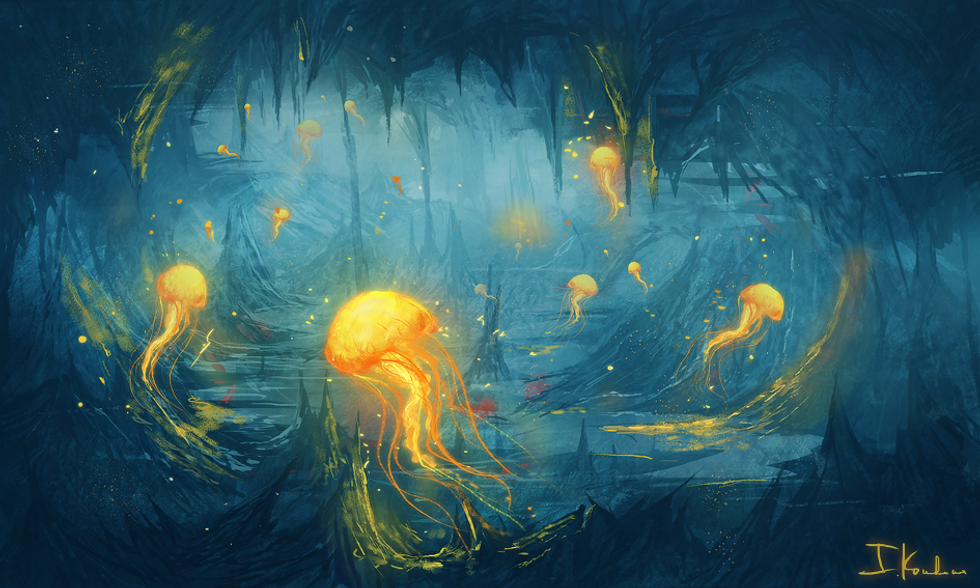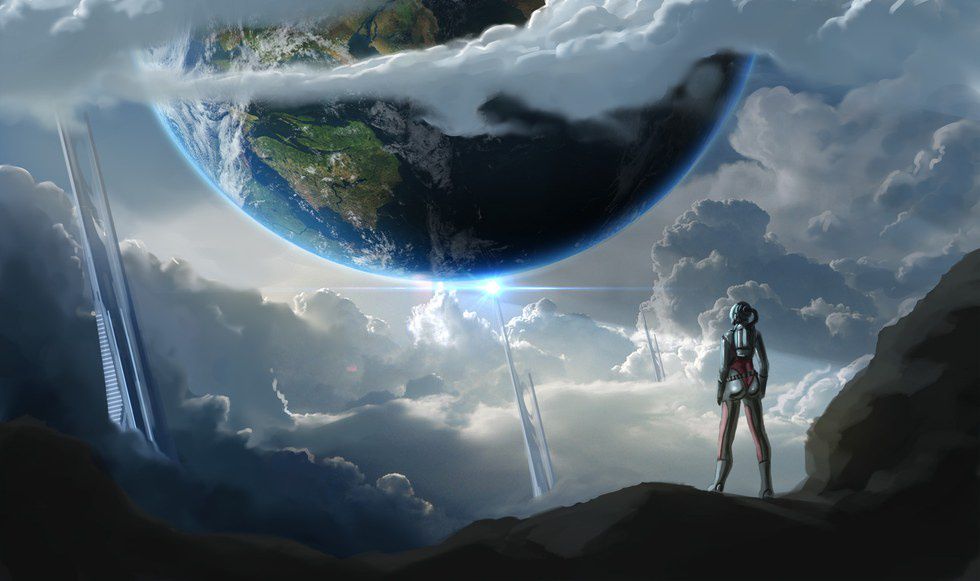There is currently a gap in the scientific theory of evolutionary naturalism in that it does not seek to explain the role of consciousness in the universe. Dr. Thomas Nagel, a professor of law and philosophy at New York University, sought to explain the importance of filling this gap in his book, Mind and Cosmos. By understanding the role of consciousness, we may reach unprecedented heights of knowledge.
Nagel reasons that evolutionary naturalism does not support a belief in the reliability of human cognitive capacities. This in turn would render naturalism unreliable, itself being subject to the explanations provided by human cognition. “Mechanisms of belief formation that have selective advantage in the everyday struggle for existence do not warrant our confidence in the construction of theoretical accounts of the world as a whole” (27). Although cosmological and ontological beliefs may promote a species’ survivability and advancement, they are not prerequisites for surviving. Therefore, the ability to form such beliefs is unlikely to have come about through natural selection. “Evolutionary naturalism implies that we shouldn’t take any of our convictions seriously, including the scientific world picture on which evolutionary naturalism itself depends” (28).
If the evolutionary model bestows on its creation only that which is mandatory for survival, it is wholly unnecessary for any creature to obtain an understanding of existence. Examples span the whole of the plant and animal kingdoms. Take for instance, the jellyfish. All shapes and sizes of this magnificent creature thrive throughout the vast oceans; It requires no cognitive faculties, much less sentience.
Nagel takes this a step further, questioning evolution’s support of the moral functions of human intellect. “The evolutionary story leaves the authority of reason in a much weaker position. This is even more clearly true of our moral and other normative capacities—on which we often rely to correct our instincts” (28). Nagel goes so far as to say that the theory of evolution would negate any notion of moral realism. The conception of whether or not a moral right and wrong exist regardless of personal belief is profoundly abstract, and consequently beyond the reach of survival mechanisms.
Why then are humans so predisposed to build beliefs from our observations of existence? “The intelligibility of the world is no accident,” Nagel insists (17). All thought of a Creator aside, it’s as if the universe itself wishes to be understood. The student or scientist’s faith in the searchability of nature presupposes the pursuit of science. More than that, the very nature of nature involves an underlying order; This organization of vibration and electric charges safeguards against entropy from the smallest to the grandest scale.
An observable and describable universe is a most curious thing. And a universe of simplistically organized laws is practically beyond imagination. However, this simplicity is essential to the core of scientific thought as we know it. Nagel pleads “that one cannot really understand the scientific world view unless one assumes that the intelligibility of the world, as described by the laws that science has uncovered, is itself part of the deepest explanation of why things are as they are” (17). Consequently, an understanding of how consciousness is essential (and perhaps innate) to our universe is urgently needed to fill in the gaps of scientific thought.























